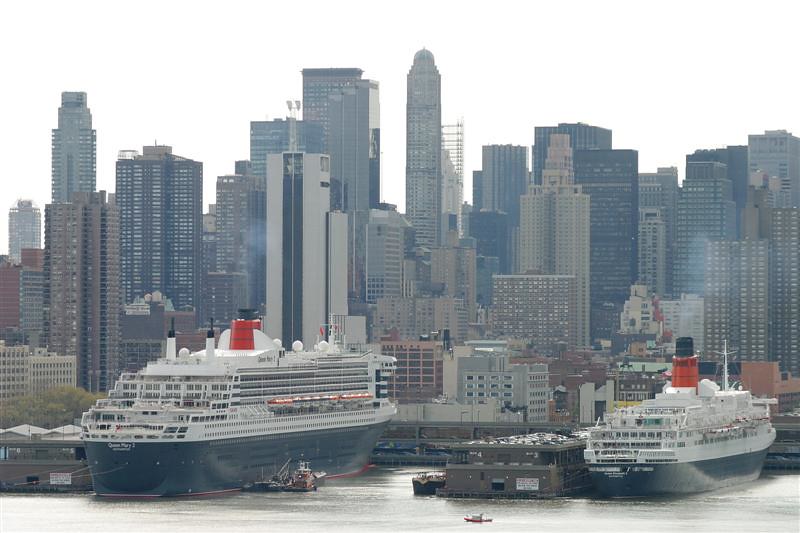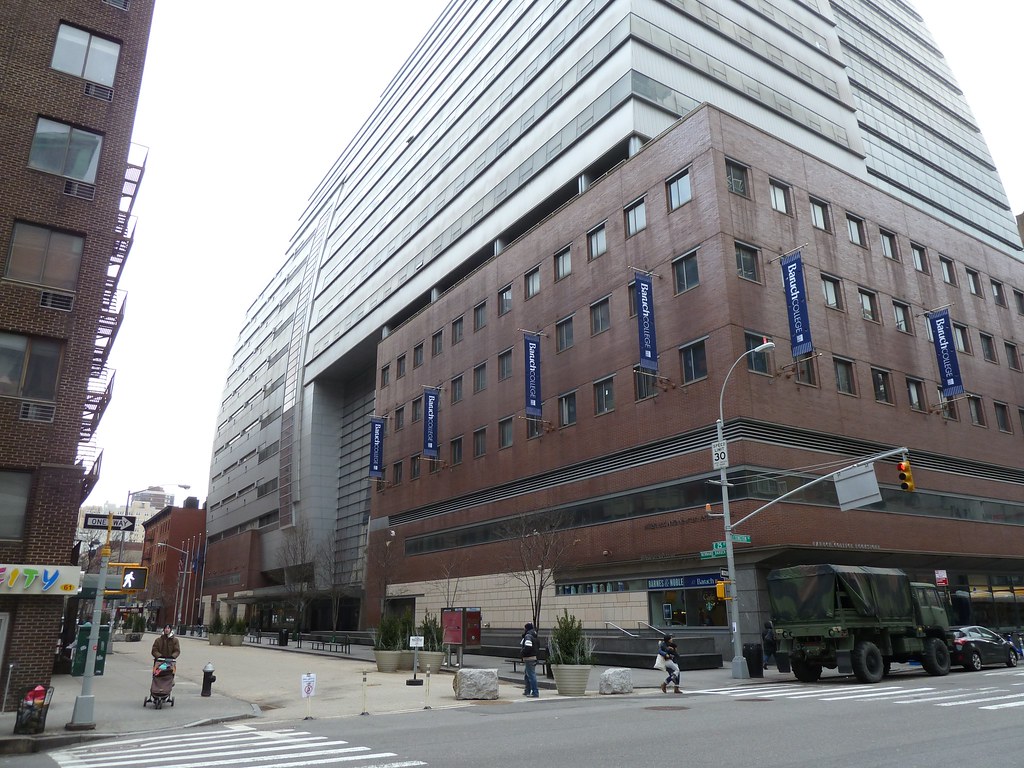On March 7, the New York City Council passed legislation that will require cruise ships to connect to shore power when available.
While idling, cruise ships docked at the city’s terminals are typically running on diesel fuels and a single cruise ship can emit as much pollution as 34,000 big rig trucks. This bill, titled Intro 4-A of 2024, hopes to reduce diesel fuel emissions as well as noise pollution emitted from the ships.
Cruise ships that can do so will be required to shut down their engines and utilize the city’s electrical grid power instead.
The bill requires a contract change between NYC and NYC Economic Development Corporation. It will require the EDC to mandate cruise terminal operators to utilize shore power on cruise ships with the capability. The EDC will also be required to consult the Department of Transportation, the Police Department and neighboring residents near each terminal to create community traffic mitigation plans.
The Port of New York, with terminals in Brooklyn’s Red Hook and Manhattan’s Hell’s Kitchen, is among the busiest ports in the United States.
The Manhattan terminal does not have shore power capability currently set up, therefore the bill will first be applied to the Red Hook port which is currently being underutilized.
Emissions not only affect the entire city but also impact the neighborhoods near these terminals.
Residents of Red Hook suspected that the increase in asthma rates and “cancer clusters” developed near Red Hook were due to ship emissions. Although cargo ships do not stay on the dock as long as cruise ships, the bill should be expanded to include cargo ships to encourage the usage of shore power.
The residents have been concerned about traffic congestion near the port. To combat this, the city should offer shuttles or other transportation options for those trying to enter or exit the port.
This legislation is a positive beginning toward making NYC more environmentally friendly. However, further measures are needed to assist neighborhoods affected by diesel fuel emissions.












